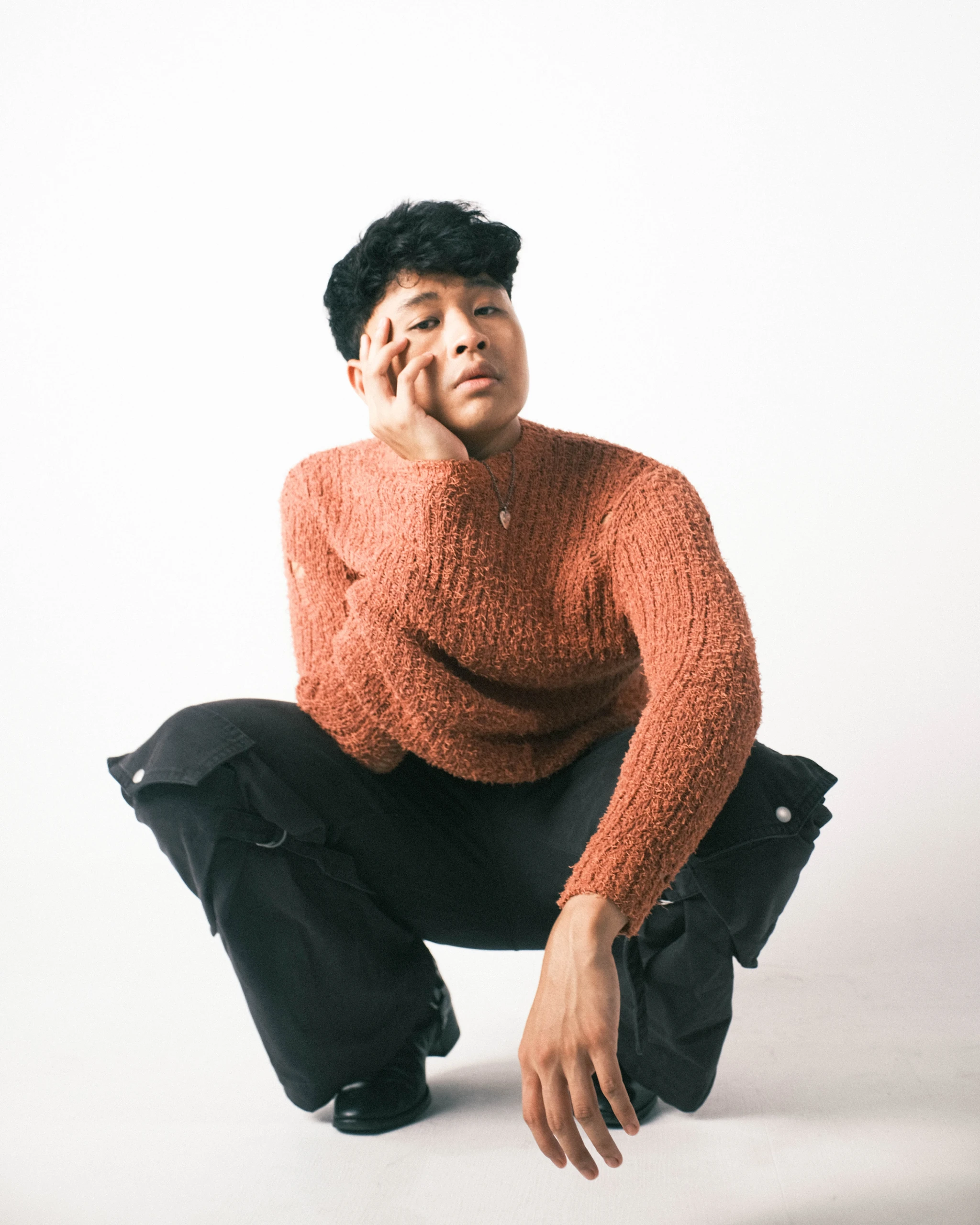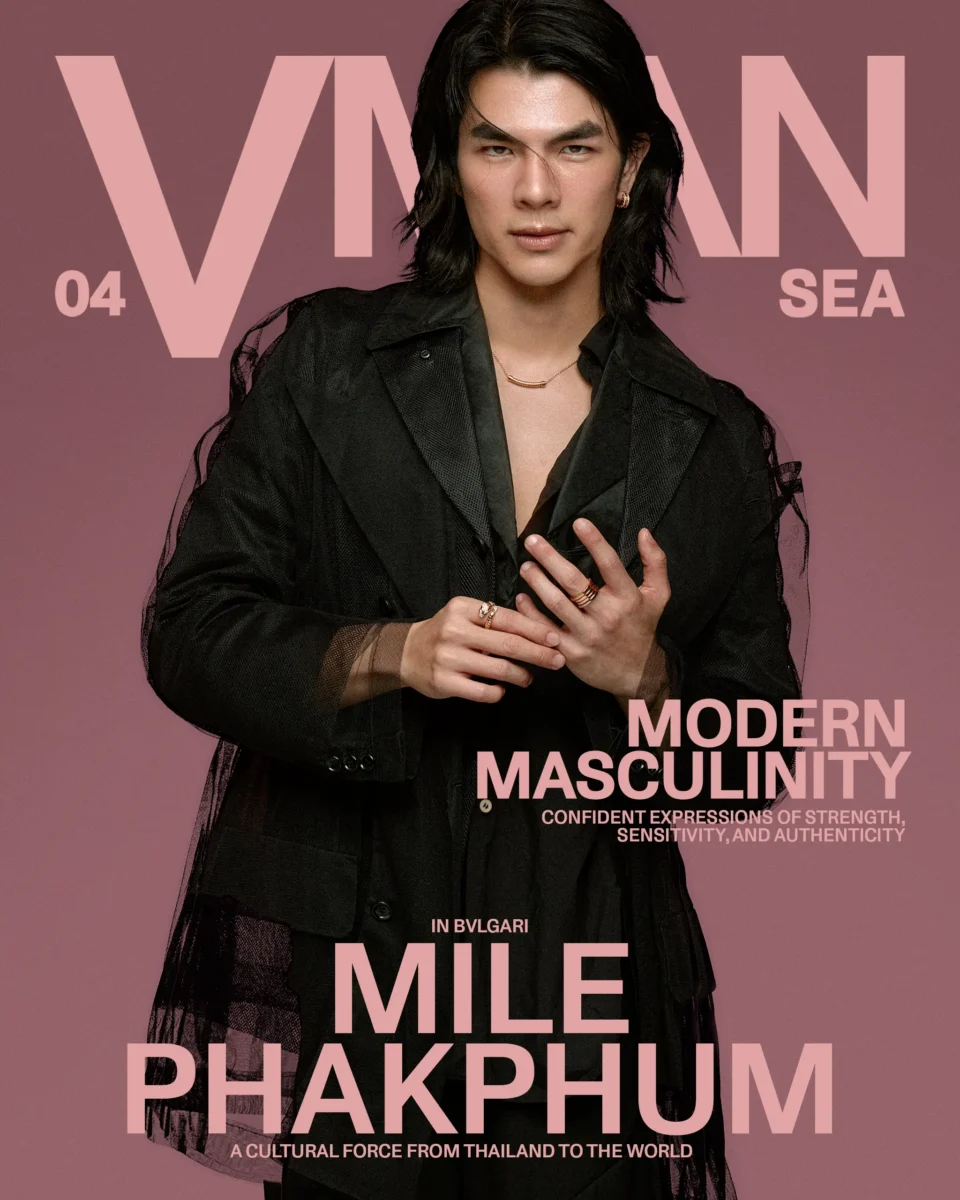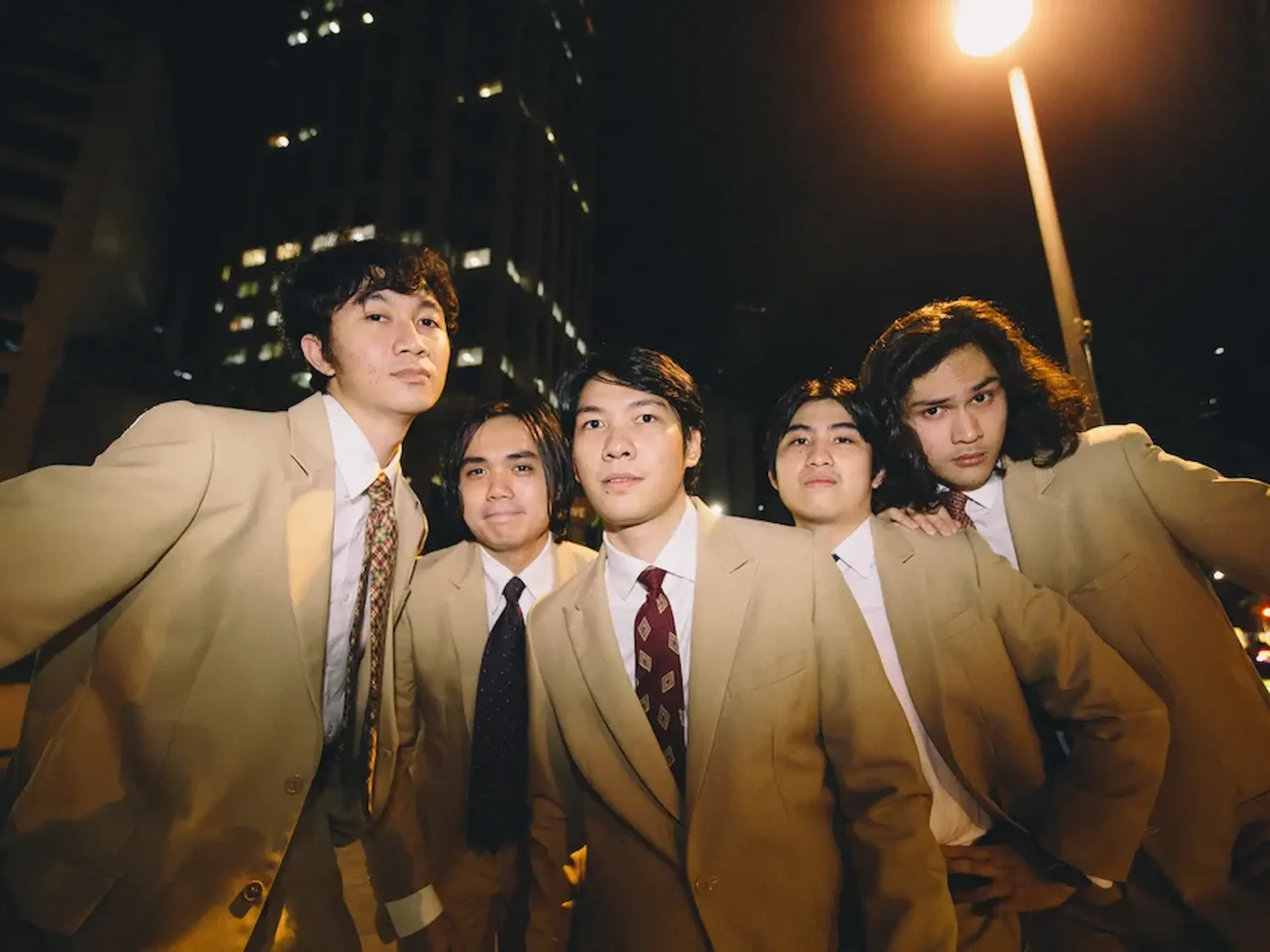Rangga Jones Gets Real on Love, Loss, and Loops
In his new album Everything I’ve Wanted to Say, Rangga reflects on growth, emotional clarity, and the discipline of staying true to his sound in a noisy world

A song that changed everything
Somewhere between the muted chill of a Tokyo hotel room and the humid thrum of Southeast Asia’s late nights, Rangga Jones wrote a song that shifted the course of his artistry. “I didn’t have any real plans,” he recalls. “I found that guitar loop you hear in the intro, and something just hit me.” The song, Move On, did just that. It hit. With the intuitive precision of someone finally articulating a feeling they’d long carried, Rangga wrote it in one sitting, recorded it, and sent it off. “Dude, I think this is a hit,” he told his manager. “We have to release this.”
The track became a cornerstone of his sophomore album Everything I’ve Wanted to Say. It’s a lean record that resists the maximalist clamor of the streaming era. Rangga, an Indonesian-born, Singapore-based musician whose songs have found resonance across the region, from the Philippines to Thailand and beyond, has no interest in chasing the algorithm.
“I just write what I want to write, release it, and hope for the best. I don’t let the pressure of trends affect how I write or produce.”
At 27, Rangga embodies the paradox of a young artist becoming seasoned in real time. His early work, songs like A Little Bit Patient, carried the delicate uncertainty of a late-night text draft. Now, with Move On and its emotional sibling More Than That, he speaks from a place of post-storm clarity. “That trip to Tokyo helped a lot,” he says. “After finishing Move On, I felt this big sense of relief. It helped me move forward with the rest of the songs. I got clarity.”
From relief to revelation
Clarity, as it turns out, is the central thread through the record. Everything I’ve Wanted to Say doesn’t so much build toward a climax as it peels back, layer by layer, the evolving self of the artist behind it. It is vulnerable, but not fragile. The production is sparse by design as Rangga is a minimalist with intent. “Even in production, I try to keep it minimal,” he says. “The creative process was pretty simple. I just followed the flow of what I wanted to write.”

But this simplicity is earned. The Rangga now is more deliberate and more incisive. He’s learned to discard what doesn’t feel real. “There have been times when I’ve decided not to keep a track, either because it wasn’t catchy enough or it didn’t feel true to who I am.” His barometer is internal, but he still leans on his close-knit circle. “My manager and I usually go back and forth. We ask, ‘Does this really represent me? Is this the Rangga Jones sound?’”
What exactly is the Rangga Jones sound? It’s sincerity, pared down. It’s indie pop with an R&B undercurrent, filtered through Southeast Asian sensibilities and shaped by a songwriting ethos that leans autobiographical without becoming solipsistic. “Back then, I didn’t take it as seriously,” he admits of his early songwriting days. “These days, I feel like my songs really reflect who I am as a person.”
Representing the region
That inward turn hasn’t stopped his music from resonating outward. Rangga is part of a new wave of Southeast Asian artists finding audiences beyond borders. But he doesn’t claim that lightly. “Man, it’s a big shoe to fill,” he says of representing Southeast Asia on a global stage. “I always try my best to be good, and yeah—it’s definitely something I don’t take lightly.”

In many ways, Rangga’s groundedness is a product of the early scaffolding of his career. The 2020 Noise Music Mentorship Program was a masterclass in collaboration, resilience, and stage presence.
“That’s where I performed live for the first time,” he says. “I learned how to manage nerves on stage. Also, I realized how important it is to work with people and build connections.” It’s this ethic of consistency, patience, and care that defines Rangga’s advice to up-and-coming Southeast Asian artists.
“Don’t give up, and stay consistent. If you lose momentum, it’s hard to get it back. You want to keep building that momentum until people notice who you are.”
And people are noticing. But Rangga isn’t building a flash-in-the-pan viral moment. He’s crafting a catalog, slowly and intentionally, with a stillness that allows the truest things to emerge.
Special thanks Secret Signals







